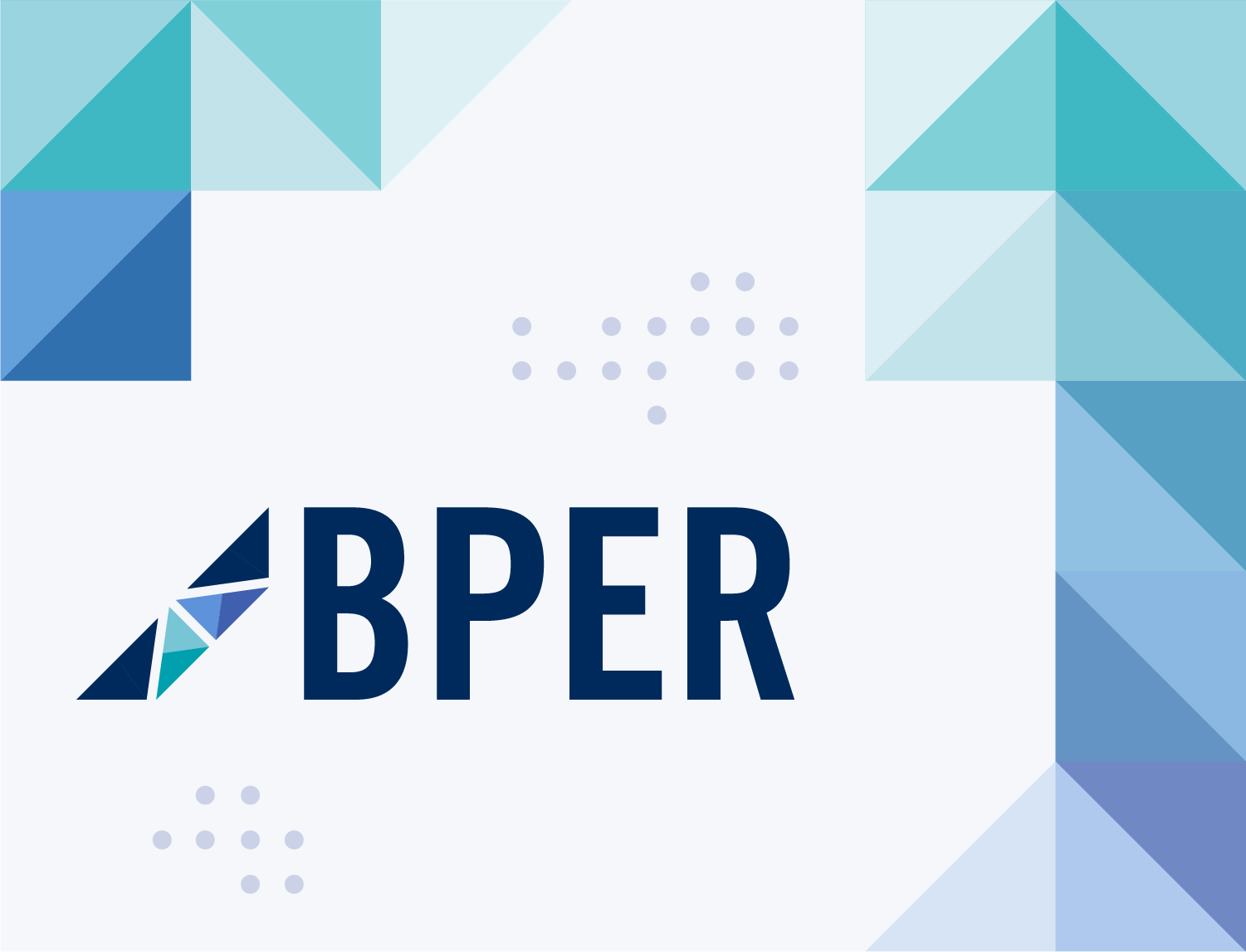Developing Skills As A Mentor
Are you interested in further developing your mentorship skills? Join this interactive session to strengthen your skills as a mentor and become a more intentional and confident mentor within your clinical or academic setting.
Want us to offer this event again?
Register your interest now
Description
Effective mentorship is a cornerstone of academic and professional development in the health professions—supporting growth, resilience, and career satisfaction for both mentors and mentees. Although many faculty and professionals are expected to serve as mentors, they are rarely offered structured opportunities to develop the specific skills that make mentoring relationships meaningful, sustainable, and impactful. Without this support, mentoring efforts may feel informal, inconsistent, or under-recognized within organizational culture.
This workshop is designed to help participants build core mentoring skills, reflect on their role as mentors, and contribute to a culture of mentorship within their programs or institutions. Through discussions, reflection, and case-based activities, participants will explore the elements of effective mentoring relationships, practice communication and skills that support mentoring and discuss how to foster mentorship culture within teams and organizations.
By the end of the session, participants will be able to:
- Describe the essential components of effective mentoring relationships
- Develop and apply skills to establish and maintain mentoring relationships
- Reflect on their own role and ongoing learning needs as a mentor
- Understand how to contribute to a culture of mentorship in their organization
Who would benefit most from this workshop?
- Clinicians, Academic or Clinical leaders
- Anyone interested in developing mentorship skills in clinical contexts
Relevant Resources
Click here to see resources related to: Mentorship and Coaching
Event Details
Recommended Events
-
 2MarThis workshop engages participants in reflective activities and discussions about desirable and undesirable professional behaviours and the bi-directional relationships that exist between these behaviours, healthcare professional wellness, and the creation of psychologically and culturally safe environments.
2MarThis workshop engages participants in reflective activities and discussions about desirable and undesirable professional behaviours and the bi-directional relationships that exist between these behaviours, healthcare professional wellness, and the creation of psychologically and culturally safe environments. -
 9MarTeaching for Transformation is a three day immersion in the education paradigms and practices needed for today's health care work.
9MarTeaching for Transformation is a three day immersion in the education paradigms and practices needed for today's health care work. -
 10MarLeadership in medicine is often framed in terms of skills and competencies. Yet many of the challenges clinicians face require something deeper: character. This session introduces character-based leadership as a complementary and necessary lens for understanding leadership in health professions education and clinical practice.
10MarLeadership in medicine is often framed in terms of skills and competencies. Yet many of the challenges clinicians face require something deeper: character. This session introduces character-based leadership as a complementary and necessary lens for understanding leadership in health professions education and clinical practice.

